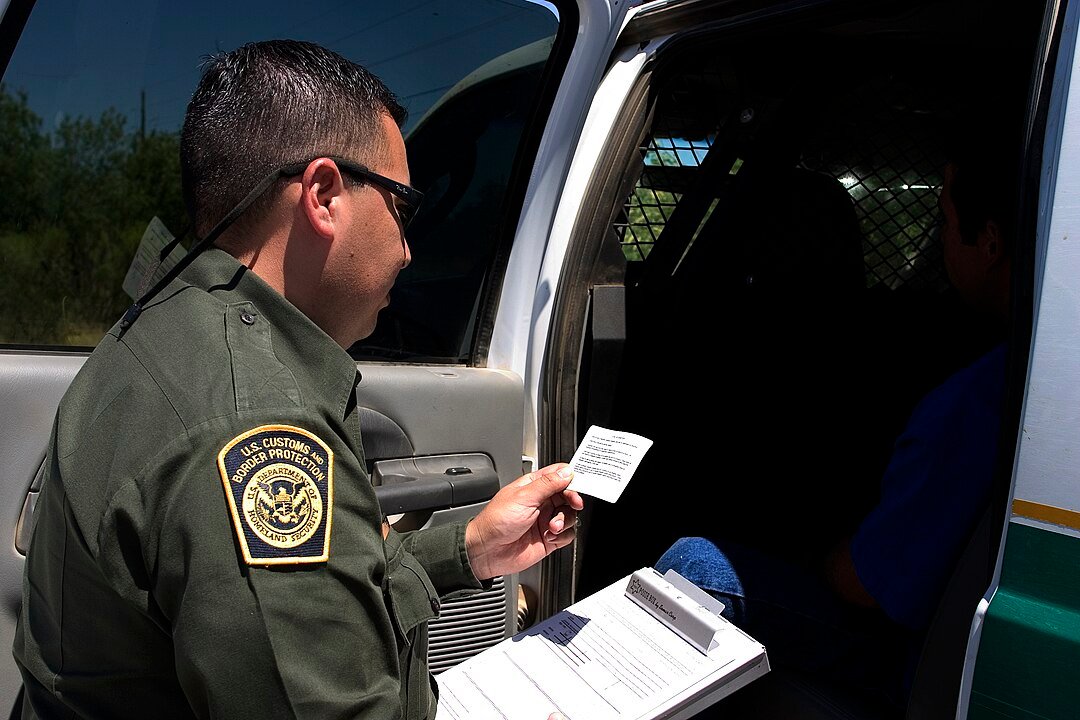The criminal justice system places a premium on preserving the rights of accused individuals. Miranda rights are one milestone in this effort. Named after the significant Miranda v. Arizona Supreme Court case, these rights are pivotal in protecting individuals during police arrests and interrogations.
How Miranda Rights Started
The roots of Miranda rights date back to a pivotal 1966 Supreme Court case, Miranda v. Arizona. Ernesto Miranda, involved in the case, was arrested and confessed to a crime during police questioning. What’s noteworthy is that Miranda wasn’t informed of his right to stay silent or have an attorney during questionings.
Going against the grain in a 5-4 verdict, the Supreme Court disqualified Miranda’s confession as it wasn’t evidence obtained with full respect to rights. The ruling carved out the requirement for law enforcement to inform individuals of their rights before questioning in custody.
Protecting the Rights of Suspects
Miranda rights are a bundle of rights provided to individuals upon arrest. Law enforcement officers must disclose these rights before any questioning. Here’s what they include:
- The privilege to stay silent
- The right to legal counsel during questioning.
- The caution that one’s words can be used as evidence against them in court.
These rights prevent people from unintentionally incriminating themselves. They also let them seek a lawyer first before answering police questions.
Miranda Rights Impact
Miranda rights have changed the criminal justice system in the U.S. lots. Before Miranda, folks often didn’t know their rights. Some even confessed to crimes they didn’t grasp the results of.
Because cops must share these rights, folks can now exercise them during police questioning. This ensures a fair interaction between the accused and the government. It prevents forced confessions and helps ensure justice.
Miranda Rights Exceptions
Miranda rights are crucial in our justice system, but there are some exceptions. One is the public safety exception. This lets cops ask questions without sharing rights first when public safety is in danger.
Another is that Miranda rights only apply when a person is in custody and being questioned. If neither is the case, cops don’t have to share these rights.


